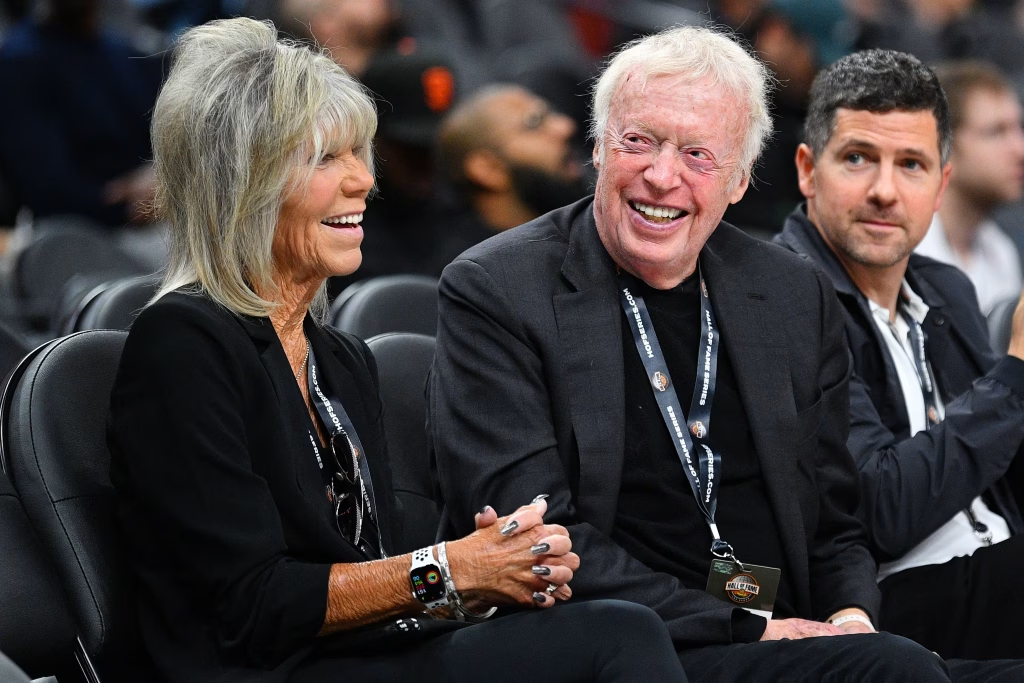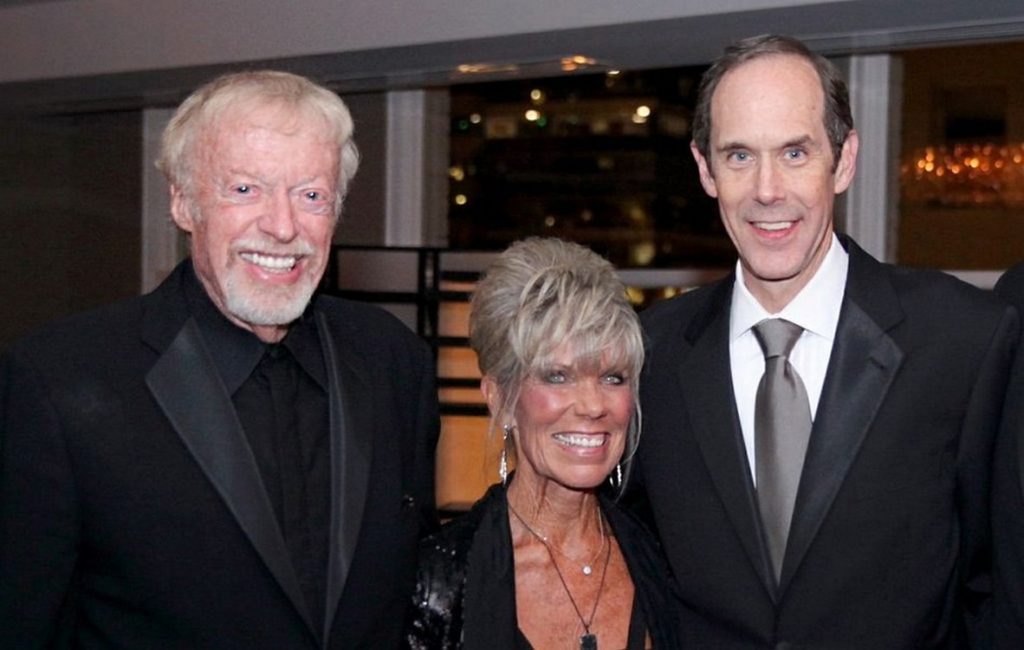Phil and Penny Knight Just Donated a Record-Breaking $2 Billion to Cancer Research—Here’s Why It Matters for Millions
One normal Thursday, the kind you might barely notice, for Phil Knight and his wife Penny, it suddenly didn’t matter. A tap on the phone would change the world—for a university, for cancer patients everywhere, and for anyone who believes in the power of what’s possible. That tap told Dr. Brian Druker—scientist, lifelong dreamer, and doctor behind one of the most important leukemia treatments ever—that the Knights believed in his vision. Two billion dollars later, the Knight Cancer Institute at Oregon Health & Science University isn’t just growing—it’s becoming its own force, one with the independence to transform cancer research and care.

The gift isn’t just big. It’s historic. It outstrips any prior single contribution to an American university or academic health center. Remember when Michael Bloomberg gave Johns Hopkins a whopping $1.8 billion? That was record-breaking at the time. The Knights just went beyond it, proving once again that philanthropy isn’t measured in millions—it can be measured in courage.

That courage is rooted in trust. Phil and Penny already had a legacy at OHSU. Over the years, they pledged and gave gifts totaling more than $600 million. The institute itself bears their name. In 2008, they gave $100 million. In 2013, they pledged another $500 million—but only if the university could match it. The community rallied. State legislators, corporate leaders, and thousands of individual donors came through, meeting the match by 2015. All of it was built on shared belief and momentum. Now they’ve leapfrogged into a new chapter.
What makes today different isn’t just the size. It’s what the money will do. It will grow the Knight Cancer Institute into a self-governed entity within OHSU, with a board that can steer its own course—focused wholly on innovation in cancer research, diagnosis, treatment, and cancer survivor support. Think of it not as a bigger institution, but as a better one—centered around patients as much as scientists. Around hope as much as data.

This gift arrives at a fragile time for academia. Research funding has become more unpredictable. Grants are being frozen, cut, or pulled, and nonprofit hospitals and universities are feeling financial strain. That makes private philanthropy not just impactful—but essential. The Knights aren’t just funding research—they’re securing an independent future for it when stability is fragile.
Dr. Brian Druker is at the heart of this story. He co-created a drug called Gleevec, which changed what it means to live with certain blood cancers—turning what was once a death sentence into something manageable. He imagined what happened next: comprehensive care that integrates screening, fresh clinical trials, and counseling support into one place. He called it a holistic revolution. Earlier this year, he and the Knights spoke again, and this time the figures were in place. Today, that revolution is fully funded.

What stands out isn’t just the $2 billion—it’s the way it now quietly shapes the future. Survivorship programs. Genetic and psychological support. Nutrition and symptom care. Gleevec taught us that survival is possible. Now survival doesn’t have to be lonely, confusing, or isolated. It can be complete—integrated, compassionate, and personalized.
When OHSU’s president Dr. Shereef Elnahal said, “This gift is an unprecedented investment in millions of lives burdened with cancer,” he wasn’t just repeating a press line. It’s real. Lives will be saved, and lives will be made better because one man who sold sneakers never forgot who he was—and who we all are: people who rise when others believe.



